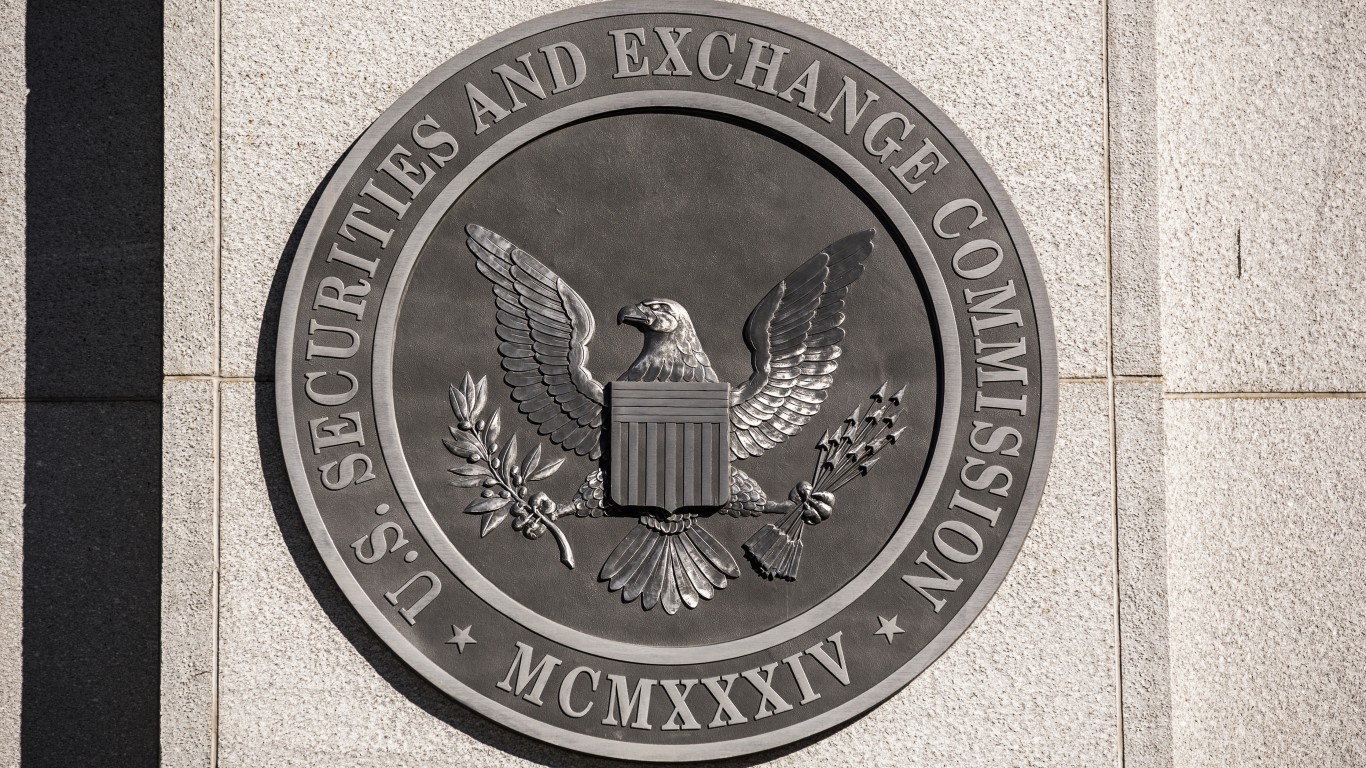Investing
Keep Your Hands on Your Wallet: SEC Just Loosened 'Accredited Investor' Criteria

Published:

Saying that “using only a binary test for wealth disadvantages otherwise financially sophisticated Americans living in lower income/cost-of-living areas,” U.S. Securities and Exchange Commission Chair Jay Clayton announced Wednesday new categories “accredited investors.” These investors are the lucky ducks who get to invest in private equity markets that are not available to the rest of us because these markets have always been judged to be too risky. In other words, if investors couldn’t afford to lose all their money, they couldn’t play in the private markets.
An accredited investor must have $200,000 (or $300,000 including spouse’s income) for the past two years and an expectation of a similar level of income in the current year. Alternatively, a person with net worth more than $1 million (jointly or individually and excluding the value of the primary residence) also can be designated an individual investor. Certain positions in non-public companies and private investment firms with assets of more than $5 million also qualified.
The SEC’s rationale appears to be that those individual investors who do not meet these wealth tests but who are “financially sophisticated enough” to understand the risks of participating in unregistered stock offerings have been “denied the opportunity to invest in our private markets.”
So, how can a person now become an accredited investor? If you already qualify under the old rules, you’re still in. One new way to become accredited is by earning certain professional certifications. Another is to be a “knowledgeable employee” of a private investment fund. There are other ways for investment funds to qualify.
Two commissioners, Allison Herren Lee and Caroline Crenshaw, both Democratic appointees, objected to the SEC’s failure to index the wealth qualifications to inflation. The financial requirements were put in place in 1983 and have not changed. Inflation now accounts for nearly $620,000 of the $1 million net worth requirement.
According to Commissioners Lee and Crenshaw, the percentage of U.S. households that now qualify as accredited investors has increased by 550% since 1983. The commissioners also point out that private market capital “continues to grow at unprecedented rates” and accounted for nearly 70% of new capital raised last year, including market IPOs. Availability of cash to invest is not currently an issue.
Barbara Roper, director of investor protection for the Consumer Federation of America, told ThinkAdvisor that the SEC’s action “continues to allow private issuers to sell securities without providing the essential facts needed to evaluate those securities to individuals who cannot separately negotiate access to that information, do not have the financial sophistication to evaluate it if they did gain access to that information, and do not have the wealth to withstand potential losses or weather the liquidity risks posed by private investments.”
Want retirement to come a few years earlier than you’d planned? Or are you ready to retire now, but want an extra set of eyes on your finances?
Now you can speak with up to 3 financial experts in your area for FREE. By simply clicking here you can begin to match with financial professionals who can help you build your plan to retire early. And the best part? The first conversation with them is free.
Click here to match with up to 3 financial pros who would be excited to help you make financial decisions.
Thank you for reading! Have some feedback for us?
Contact the 24/7 Wall St. editorial team.